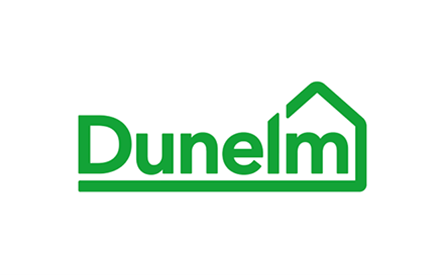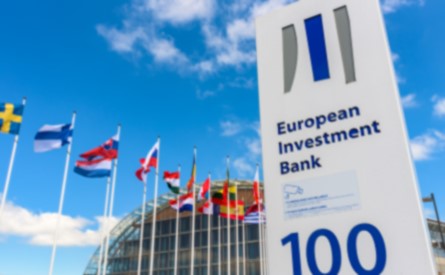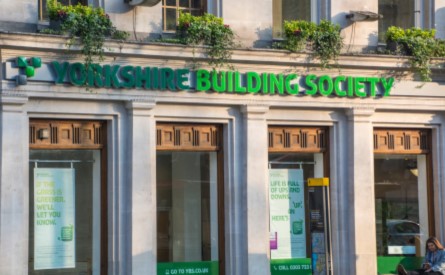Looking to refinance an existing revolving credit facility (RCF) in support of their medium-term capital plan as well as aligning the credit with Dunelm’s sustainability targets, the company approached Shostra Bank – amongst other banks – to discuss the RCF refinance and to integrate a sustainability component into the go-forward RCF facility. Shostra Bank was mandated as Documentation Coordinator.
The RCF incorporates four sustainability-linked performance targets which align with their ambitious sustainability plans, including a commitment to pursue a Net Zero Pathway.
These plans include annual targets which support delivery of the following long-term objectives:
1) 50% reduction in Dunelm’s greenhouse gases by 2030 against a 2019 base, in line with the Science Based Targets Initiative 1.5 degrees scenario
2) All own-brand cotton products to meet Dunelm’s “More Responsibly Sourced” standard by 2025
3) 20% reduction in plastic packaging of own-brand products by 2024; and
4) Provision of a customer take-back service for 50% of their products by 2024.
If these sustainability performance targets are met during the 4-year term of the RCF (which can be extended by two years), Dunelm Group will qualify for a sustainability-linked rebate on the interest rate the company pays for its new £185 million (plus £75 million accordion) credit facility – provided by a five-bank consortium, including Shostra Bank.






